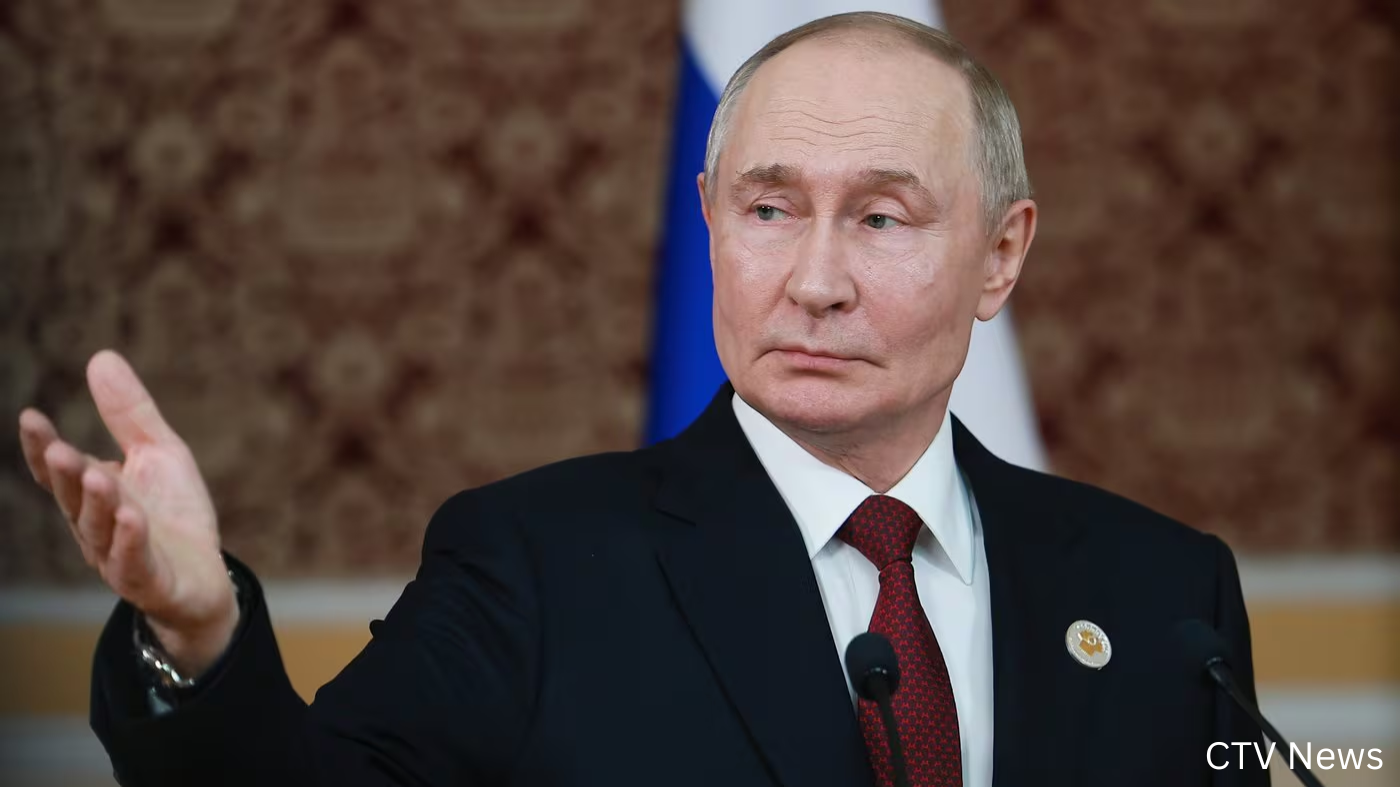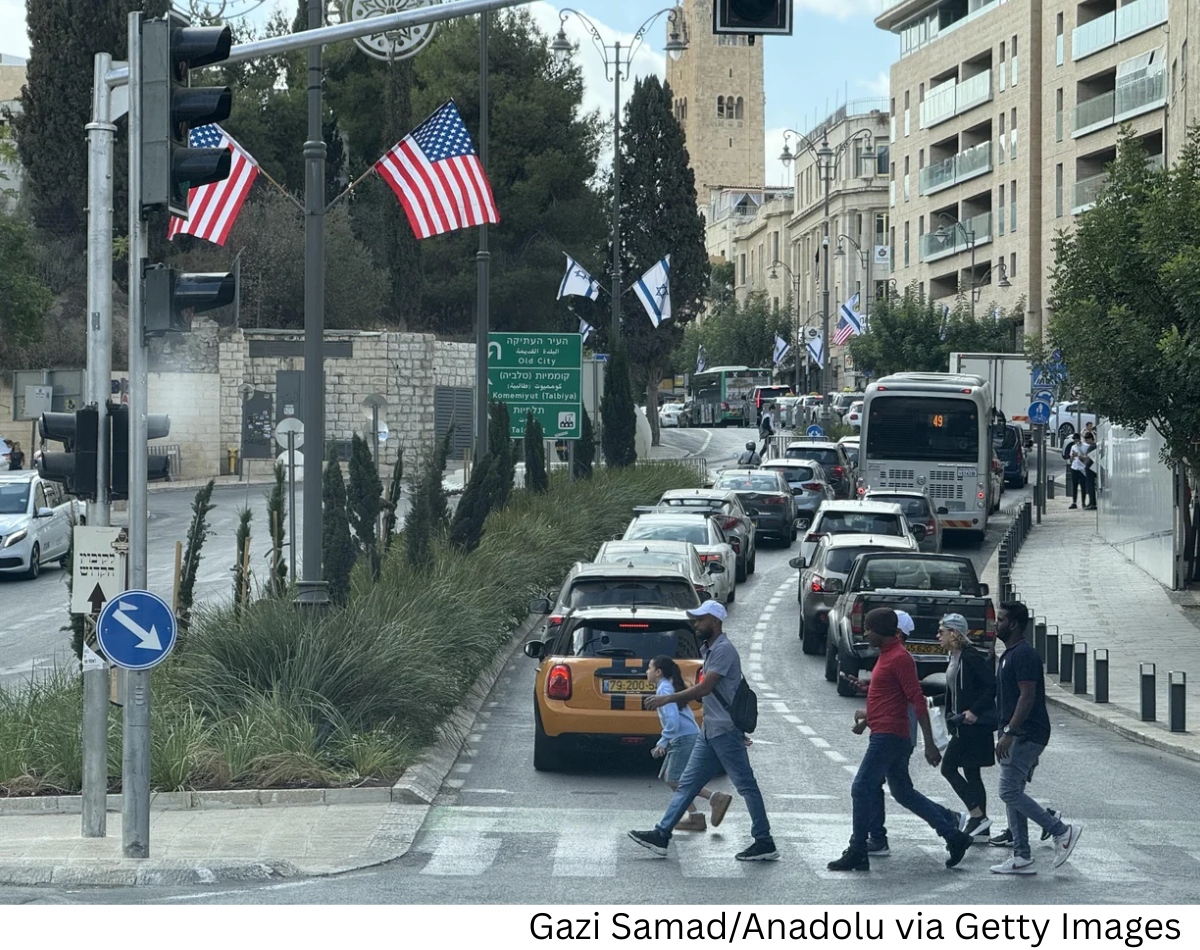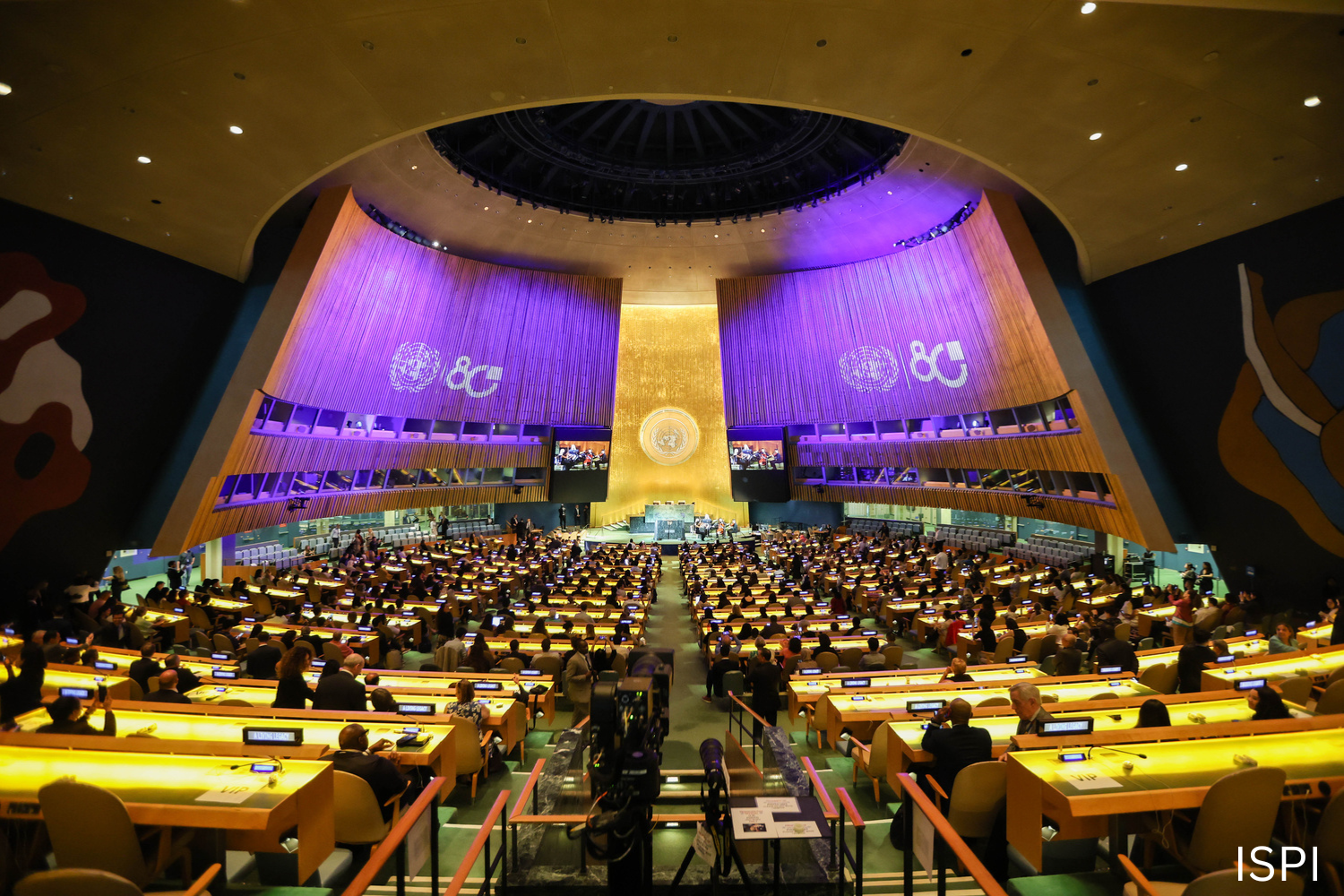Russian President Vladimir Putin publicly praised President Donald Trump for his role in brokering the Israel-Hamas ceasefire and signaled that Russia is ready to assist in implementing the historic agreement. Speaking to reporters during a visit to Tajikistan, Putin described the deal as a potentially “historic event” if successfully executed, emphasizing Russia’s longstanding engagement in the region and close ties with Arab nations and the Palestinian Authority.
Russia’s Role in Middle East Diplomacy
Putin underscored Russia’s decades-long involvement in Middle Eastern diplomacy, highlighting the country’s capacity to facilitate agreements and support conflict resolution. “Bearing in mind the level of trust that exists between Russia and our Arab friends, and especially Palestinian friends, of course, I believe our participation could be in demand,” he said. According to Putin, Russia’s historical relationships with regional partners position it to help address challenges that may arise during the implementation of the ceasefire and associated agreements.
The Russian president also stressed that Moscow is prepared to act in a supportive capacity if requested by other stakeholders. “We will, of course, always be ready to participate. We have been involved in this for decades, and I think Russia has something to say and something to offer to address the issues that will arise, one way or another, during the implementation of the agreements reached,” he added.
A Historic Ceasefire
The ceasefire between Israel and Hamas marks the first phase of President Trump’s 20-point Middle East peace plan. The agreement includes the release of hostages held by Hamas, the return of Palestinian prisoners, and the provision of humanitarian aid to Gaza. Tens of thousands of displaced Palestinians have begun returning to their neighborhoods, confronting widespread destruction and attempting to rebuild their lives amid the ruins.
Putin praised the agreement as a major diplomatic achievement and emphasized that successful implementation could set an important precedent for future peace initiatives in the region. He also noted that Russia’s involvement would not only support operational efforts but could help foster trust and coordination among all parties, including Israel, Hamas, and regional actors.
Postponing the Russia-Arab Summit
Demonstrating Moscow’s commitment to supporting the ceasefire process, Putin announced that he had postponed a Russia-Arab summit originally scheduled for October 15. He explained that the decision was made to avoid interfering with the momentum generated by the Trump-brokered agreement. “I decided to postpone the summit in order not to interfere with the process that has been initiated by President Trump,” he said, signaling a strategic decision to allow the U.S.-led efforts to progress without competing diplomatic initiatives.
This move underscores Russia’s intention to act as a cooperative partner rather than a rival in implementing the ceasefire, highlighting the importance of international coordination in stabilizing Gaza and ensuring that humanitarian and security measures are carried out effectively.
International Implications
Putin’s endorsement of Trump’s diplomatic efforts reflects the broader international recognition of the ceasefire’s significance. As the agreement enters its initial implementation phase, global attention is focused on the release of hostages, delivery of humanitarian aid, and the establishment of stabilization forces in Gaza. Russia’s potential participation could provide additional oversight, facilitate logistics, and help build confidence among regional stakeholders that the deal will be honored.
Experts note that having multiple international actors involved in monitoring and supporting the ceasefire could increase its chances of success. Russia’s relationships with Arab states and the Palestinian Authority provide a unique avenue for mediation and coordination, complementing the efforts led by the United States and its partners.
Looking Ahead
The next steps in implementing the ceasefire involve careful coordination among Israel, Hamas, the United States, regional actors, and international organizations. Hostages are expected to be released within a 72-hour period, Palestinian prisoners will be returned, and humanitarian aid will flow into Gaza to address urgent needs caused by months of conflict.
Putin’s offer of assistance reflects a commitment to multilateral engagement and underscores the importance of international support in ensuring that the agreement is executed successfully. By working alongside existing U.S.-led efforts, Russia hopes to contribute to stabilization and the long-term prospects for peace in the region.
As Gaza’s residents begin returning to devastated neighborhoods, the combined efforts of the international community, including Russia, the U.S., and regional partners, will be critical in helping the territory recover from the humanitarian crisis and creating the conditions necessary for lasting stability.
%20(4).png)





.png)

.png)
